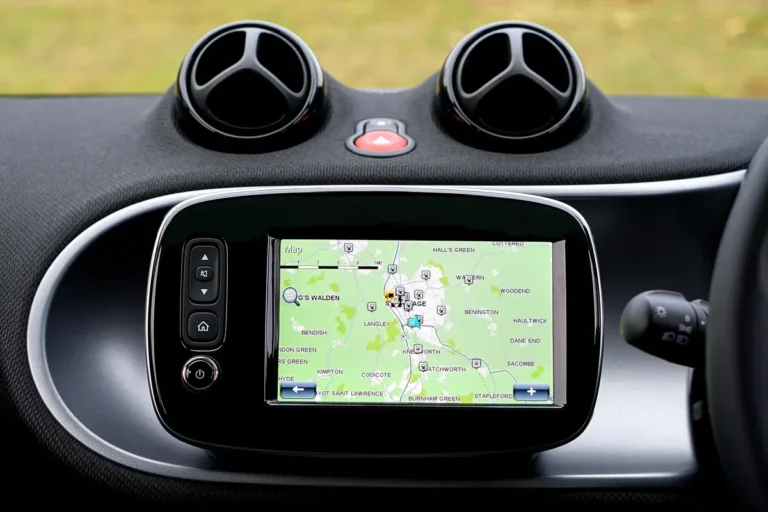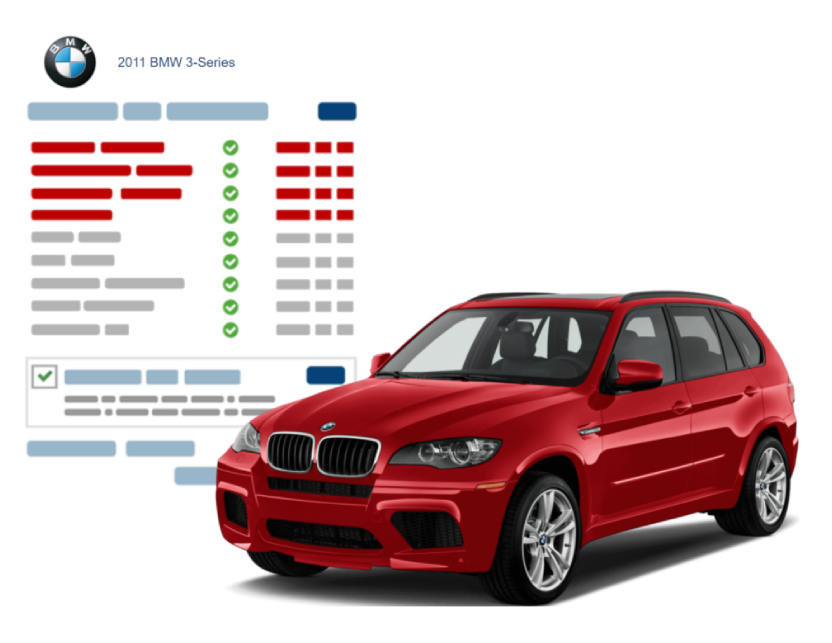
GPS tracking has been a game-changer for the automotive industry, revolutionizing the way vehicles are monitored, navigated and managed. This article delves into the very many different ways GPS tracking has transformed the automotive industry to become smarter and more efficient than ever.
How GPS Tracking Developed in the Automotive Sector
GPS tracking was initially developed for military applications but now has become a part of daily car life. GPS systems were initially only for directional guidance on roads and provided simple directions to drivers. But with the growth of technology, GPS systems have evolved with real-time tracking, geofencinv and detailed analytics. Now, GPS is being used in almost every car, personal as well as fleet vehicles, for better routes, security and connectivity. These technologies continue to evolve and improve vehicle tracking and operational efficiency.
Navigation and Real-Time Traffic Information
One of the most significant benefits of GPS tracking is optimized driver navigation and route optimization and modern GPS systems provide current traffic information in real-time, which helps drivers avoid traffic jams and reach their destinations faster than ever. Google Maps is one of the most commonly used apps that leverage GPS data to provide the most efficient routes, saving time and fuel for every journey. Turn-by-turn voice instructions and alternative routes also facilitate very easy travel in new locations. GPS tracking also assists drivers in getting updates on road conditions, weather patterns and potential delays.
Business Fleet GPS Tracking
GPS tracking has been found to be a vital tool for productivity for companies with a fleet of vehicles. Business organizations make use of fleet GPS tracking solutions to monitor vehicle locations, monitor driver performance and ensure timely deliveries with minimal delay. With such systems, businesses are able to save fuel, prevent downtime and curb unauthorized usage of vehicles by employees. GPS tracking also enhances security through timely alerts if the vehicle deviates from the planned route or enters unauthorized areas. This enhances asset security and makes it more efficient and effective, saving businesses from losses through theft and misappropriation.
Vehicle Theft Protection
Theft of automobiles is something that bothers car owners and businesses too, so security takes priority. GPS tracking has played a crucial role in preventing car theft and increasing recovery rates through live tracking. Most new cars are equipped with GPS-enabled anti-theft systems that allow car owners and authorities to track stolen cars with ease and speed. By offering live location updates, such systems increase the chances of recovering stolen cars before they are damaged or sold illegally. This security feature provides car owners with peace of mind as their investments are secured.
Road Safety
The automotive sector puts a high priority on safety and GPS tracking has been largely responsible for enhancing it. GPS telematics systems are now being utilized by many companies to monitor driver behavior and track aspects such as speed, hard braking and sudden acceleration. Based on this analysis of data, companies and individuals are able to identify risky driving habits and implement corrective action where needed. It also enables fleet managers to promote safe driving behavior in their drivers, reducing accident risk and insurance costs. GPS tracking also facilitates easy identification of maintenance needs, preventing breakdowns and prolonging the life of the vehicle.
Usage-Based Insurance
Insurance providers have also started using GPS technology to give customers individual rates based on their behavior. Usage-based insurance schemes make use of GPS data to track the way one drives and reward safe practices with cheaper rates. Careful drivers who avoid hard acceleration and braking can get cheaper rates in the long term. It not only saves safe drivers money but also makes roads safer for everybody. Adding GPS tracking to insurance plans makes roads safer and reduces risk for insurance providers and drivers alike.
Autonomous and Connected Cars
The expansion of autonomous and connected vehicles has been highly dependent on GPS tracking for navigation. Autonomous vehicles are reliant on reliable GPS data combined with artificial intelligence to travel roads safely and efficiently. Connected vehicle technology also uses GPS to enable vehicle-to-vehicle (V2V) and vehicle-to-infrastructure (V2I) communication for optimized traffic management and reduced accidents. With increasing growth in automation, GPS tracking is likely to remain critical to guarantee safe and seamless transportation. This technology supports the growing demand for intelligent mobility solutions and intelligent cities.
The Future of GPS Technology
GPS tracking in the future will only evolve more with new technologies such as artificial intelligence, 5G network capabilities and blockchain for security. Emerging technology can bring even more accuracy in location tracking, more effective predictive analysis and more seamless compatibility with intelligent city systems. With the digital transformation of the automotive industry, GPS technology will be at the center of innovations to make travel more efficient, secure and connected than ever. GPS tracking has limitless potential to make logistics, navigation and security more efficient in the future.
Sponsored Article







